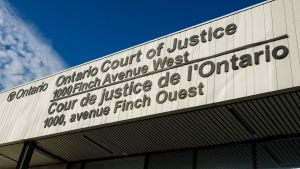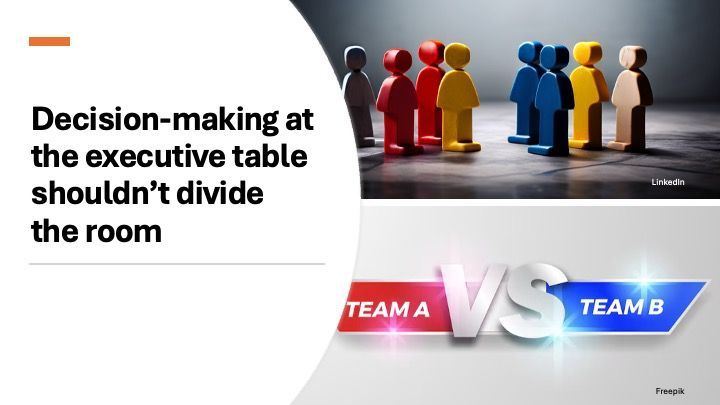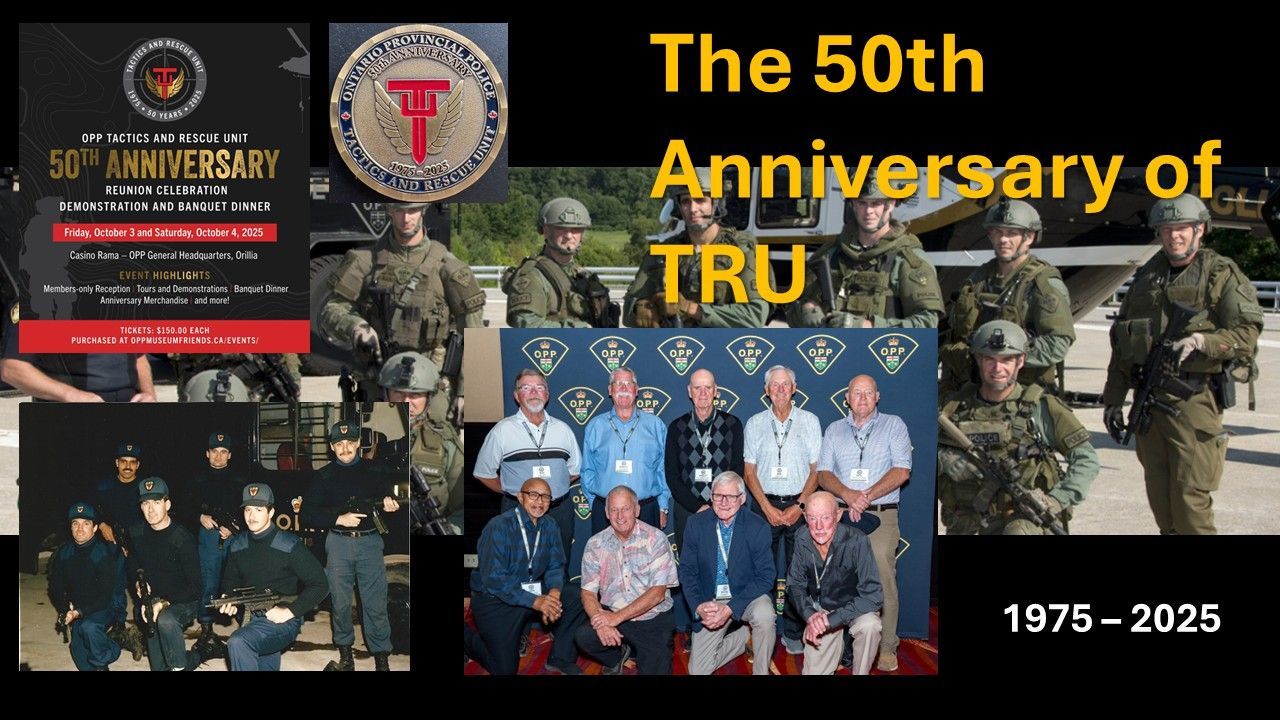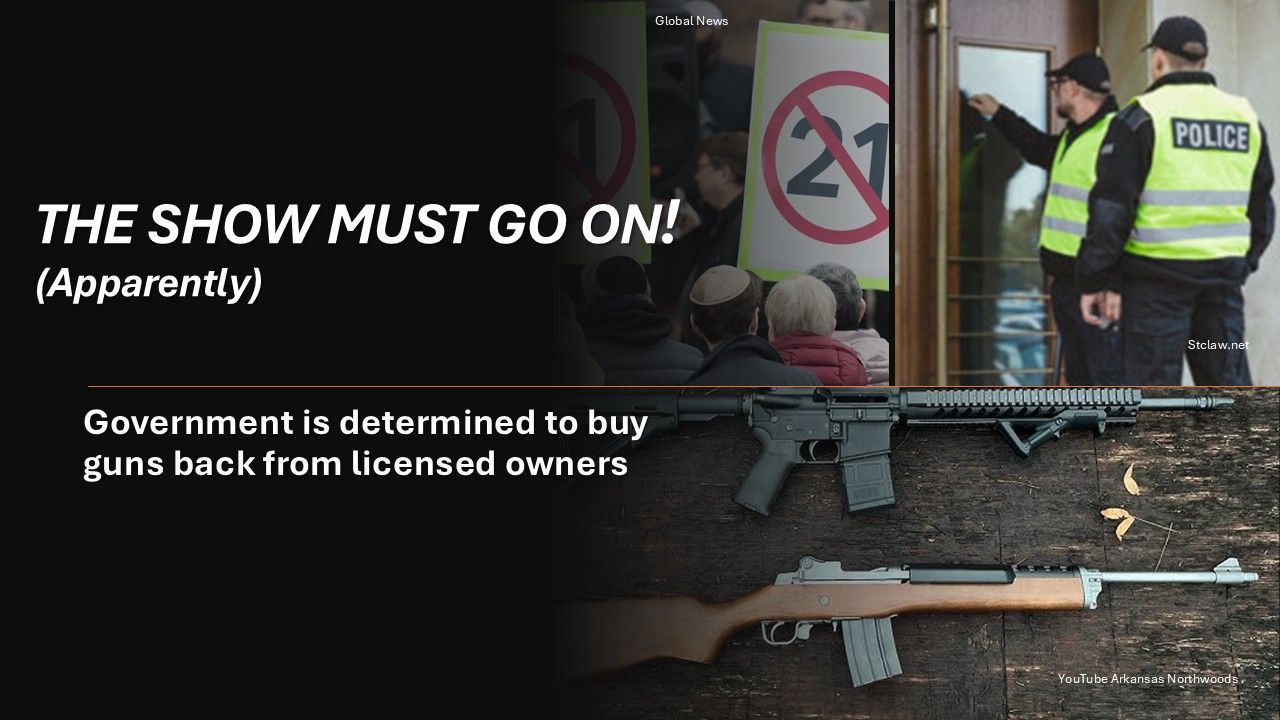New Paragraph

According to Google, the meaning of 'catch and release' is "when a fish is caught and then returned to the water unharmed so that it survives and continues its existence in its natural environment." That might be very appropriate when referring to walleye and trout, but it is not working for Canadian society when it comes to violent offenders.
When Christopher Husbands entered the Toronto Eaton Centre in June 2012 and subsequently killed two people and wounded five others, he was on bail following an arrest for sexual assault. He was a known gang member. Successive Toronto Police Chiefs have publicly reported cases of gang violence committed while the members were already out on bail for violent offences.
Umar Zameer, a Toronto man charged with the murder of a Toronto police Const. Jeffrey Northrup, in July 2021, was eventually released on bail. The court is betting that he won't kill another cop.
Mohammed Majidpour of Vancouver had been convicted 30 times for such offences as assault with a weapon and uttering threats but was still released on bail when arrested for assaulting a woman with a pole in September 2022. He's been released and arrested several times since. This guy gets out before the arresting officer finishes typing the report.
Myles Sanderson had been paroled two-thirds of the way through his four-year, four-month sentence for threats, robbery, assault with a weapon and assaulting a police officer, despite being assessed as high-risk to re-offend with violence. He had fifty-nine criminal convictions in his relatively short life and was a wanted parole violator when he stabbed eleven people to death in the James Cree Nation in Saskatchewan in September 2022.
Most recently, OPP Commissioner Thomas Carrique publicly said he was "outraged" that one of the accused murderers of Haldimand OPP Const. Greg Pierzchala was out on bail for firearms charges and for assaulting a police officer at the time of the killing. One has to ask themselves, "Would Const. Pierzchala have been murdered if Randall McKenzie had still been in custody?" Commissioner Carrique's feelings are obvious, as I'm sure are those of the thousands of police officers that attended this wonderful young officer's funeral on Wednesday.
This issue is as old as the hills and comes from the failings of various governments, but in my view, the past several years have seemingly been the worst period for government decision-making that negatively impacts public safety in my 45-year connection with law enforcement.
Their Bill C-5 resulted in some mandatory minimum penalties being repealed, including several firearms offences. Offences like discharging a firearm with intent, using a firearm or imitation firearm in the commission of offence and robbery with a firearm. You know, those run-of-the-mill crimes that are of little risk to the public or police. At a time when violent crime and the use of illegal firearms are historically high in Canada, the decision was made to go soft on gun crime. But don't worry, we're cracking down on those legal gun owners that have been through background checks and training courses. How often are those people a threat?
At the same time, changes around bail consideration within Bill C-75 potentially allow more violent criminals to be released awaiting trial, particularly when "circumstances of Indigenous accused and of accused from vulnerable populations are considered at bail, in order to address the disproportionate impacts that the bail system has on these populations." I get that there are disproportionate representations of Indigenous people and people of colour in our court and prison systems. There is a host of socio-economic issues that need to be dealt with in a long-term strategy to address this disparity, but regardless of an offender's race, colour or difficult lives, the public and police need to be protected from those who commit crimes of violence, as much as reasonably possible.
I am not advocating that accused persons should be held without bail on a whim. I appreciate that, in most cases, being held awaiting trial may mean years of incarceration in a judicial system that moves at glacial speed. That flies in the face of the basic principle that people are innocent until proven guilty.
In the majority of criminal cases, the release of the accused on bail is obviously not a risk to public safety, like a first-time charge for a minor assault stemming from a bar fight. Obviously, there is no need to limit their pre-trial freedom. At the other end of the scale are pathological killers who are a serious threat to community safety and must be held.
And then there are cases in the middle that reasonably could go either way, but currently, the rights of the accused seem to trump the rights of potential victims to personal safety. The question for court officials becomes, where is the line in the middle?
When it comes to both bail and parole considerations, the scales need to be much more balanced to protect the public and police and not slanted to protect the rights of the accused. At this point, they are tipped too far the other way.
The other question is, why is our system so painstakingly slow? In cases where accused violent offenders are denied bail, an expedited process is obviously in their best interests and the best thing for the community as a whole.
Besides the obvious bail concerns, having trials occur much quicker will be better for all players – victims, accused, witnesses and police officers. Various provinces have tried to speed things up, however I'm not aware of any significant success stories thus far. Trial processes still tend to drag on forever, and some serious charges of violence have been dropped because they have taken too long to be heard.
I'm not suggesting that the U.S. has the perfect system by any means, but often people there are charged with serious crimes, then tried and either convicted or absolved within a year. The police officer that killed George Floyd in Minnesota was brought to trial and sentenced to jail in less than a year of being charged.
Our entire judicial system needs to be reformed – federally in terms of legislation governing bail, sentencing and parole, and then province by province to seek more effective, safe and speedier processes.
The time to tip the scales back is long overdue on all fronts so that the system errs on the side of public safety. We're talking about dangerous people here, not fish that occasionally bite a worm. Catch and release must end.




